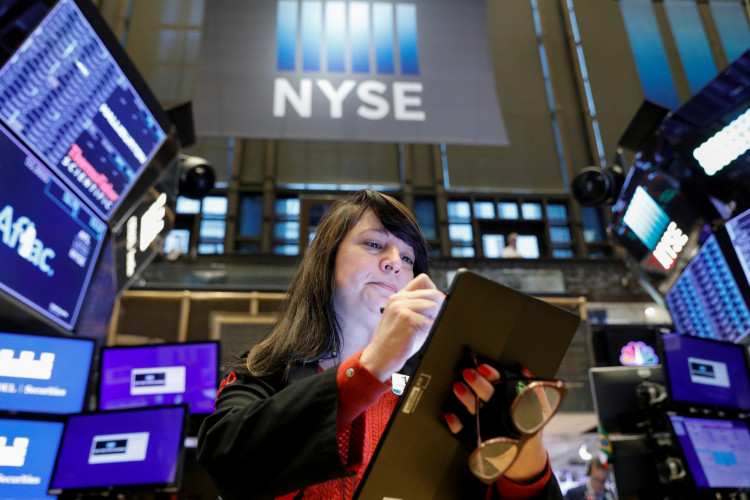U.S. stock futures rose on Friday as a weaker-than-expected jobs report strengthened investor expectations that the Federal Reserve will cut interest rates later this year. Futures for the S&P 500 gained 0.3%, while the Dow Jones Industrial Average rose 0.2%. Nasdaq futures climbed 0.4%, rebounding from a sharp selloff earlier in the week that pushed the tech-heavy index into correction territory.
The February jobs report showed that nonfarm payrolls increased by 151,000, below economists' forecasts. The unemployment rate edged higher to 4.1%, reinforcing market expectations that the Fed could implement multiple rate cuts in 2025. "The market is back to pricing in three rate cuts in 2025, but I wouldn't bank on the Fed sending any dovish signals anytime soon," said Brian Jacobsen, chief economist at Annex Wealth Management. "With the unemployment rate at 4.1% and inflation still above target, they have no reason to change their messaging yet."
The report followed a week of turbulence in global markets, fueled by uncertainty surrounding President Donald Trump's shifting tariff policies. Stocks had tumbled Thursday after Trump granted a temporary reprieve from his 25% tariffs on Mexican and Canadian imports. The move failed to inspire investor confidence, as market participants remained wary of the administration's unpredictable trade policies. Trump's broader tariff plan, set to take full effect on April 2, continues to create uncertainty among businesses and consumers.
The Nasdaq has fallen 4% this week, entering correction territory with a decline of more than 10% from its December peak. The S&P 500 has dropped 3.6% over four days, closing Thursday at its lowest level since early November. The Dow Jones Industrial Average has lost nearly 2.9% since the start of the week.
In equities trading, chipmaker Broadcom surged 11.1% after reporting stronger-than-expected sales and profit, citing high demand for artificial intelligence chips. Walgreens Boots Alliance jumped 5.9% after private equity firm Sycamore Partners announced a $10 billion acquisition of the struggling pharmacy chain, taking it private for the first time since 1927.
European markets struggled, with Germany's DAX losing 1.6%, the CAC 40 in Paris falling 1%, and Britain's FTSE 100 slipping 0.5%. Asian markets also faced declines, with Japan's Nikkei 225 dropping 2.2% as technology stocks sold off. In China, trade data showed weaker-than-expected growth, with exports rising just 2.3% while imports fell 8.4%, underscoring concerns about the country's economic outlook.
Meanwhile, the dollar weakened following the jobs report. The euro climbed 0.8% to $1.0876, marking its best week since 2009. The dollar also fell 0.5% against the yen, trading at 147.29 yen. Investors are now looking to a speech from Federal Reserve Chair Jerome Powell later in the day, hoping for further clarity on the central bank's policy direction.
Bitcoin traded at $89,106, down 1.2%, after Trump signed an executive order establishing a government reserve of the cryptocurrency. The move is seen as a significant milestone in the digital asset's potential path to mainstream adoption.
Bond markets, which have also faced volatility, saw a temporary reprieve. The benchmark 10-year U.S. Treasury yield, which moves inversely to bond prices, stabilized after a sharp increase earlier in the week. In the eurozone, German Bund yields declined after a steep two-day selloff prompted by reports of a large spending package from the German government.






